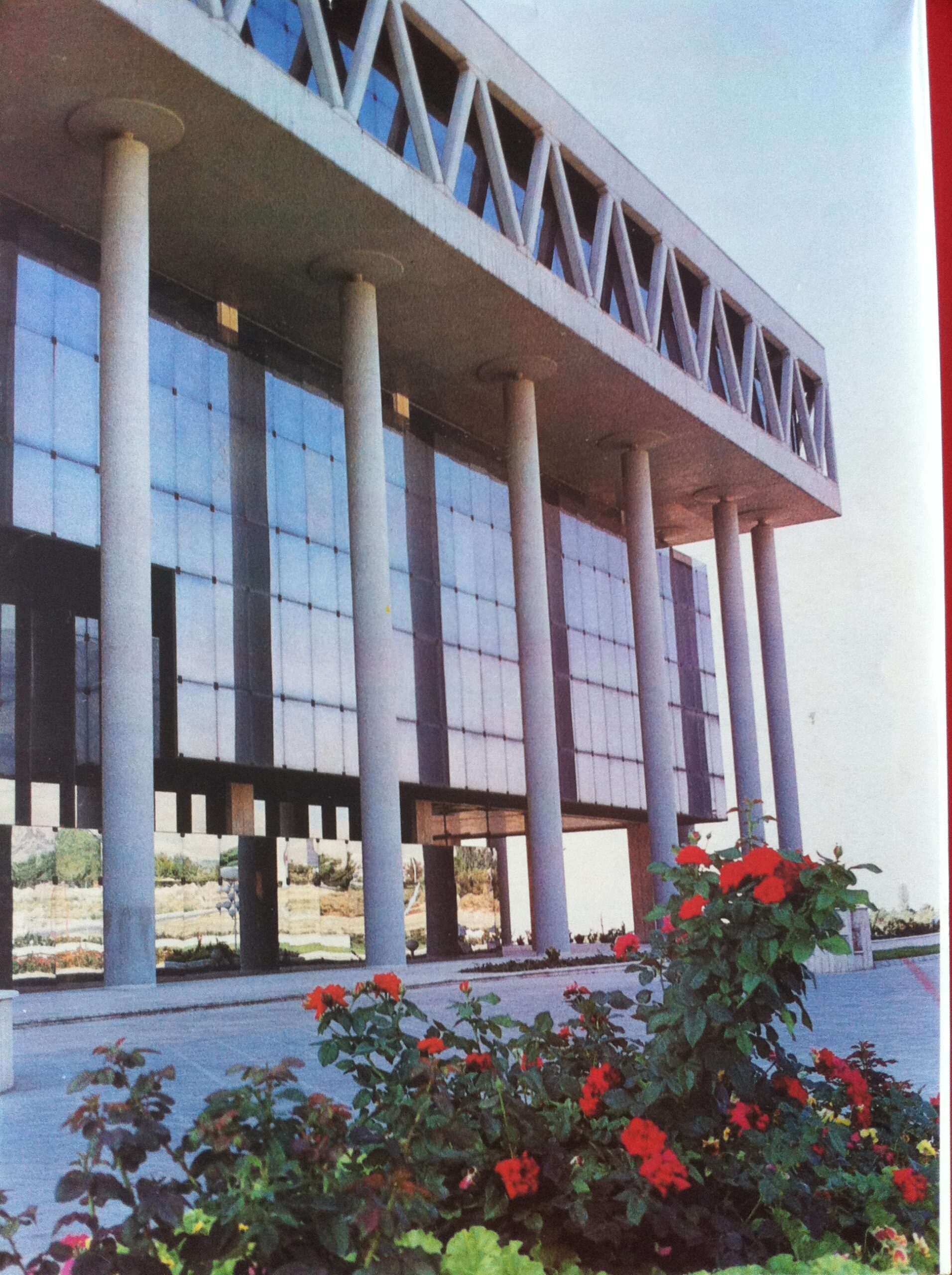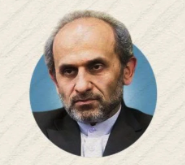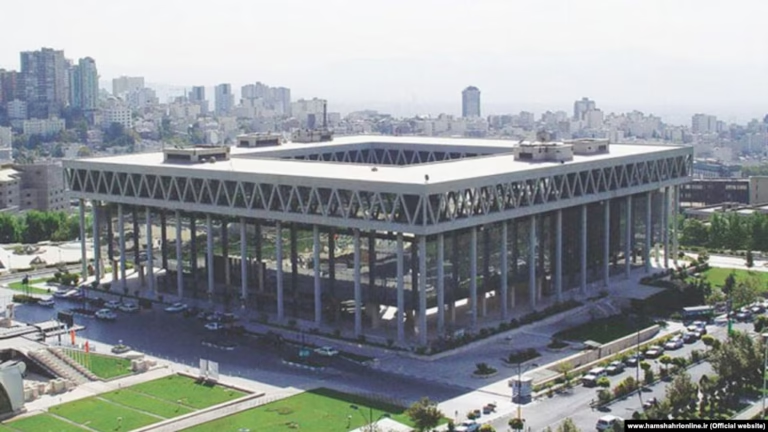
Since May 2021, Iranian media have been speculating about the impending appointment of a new chief for Iranian state television. The current chief, Abdol Ali Aliaskari, completed his five-year term in May 2021, after being appointed by Supreme Leader Ali Khamenei in May 2016.
In the context of the Iranian regime, the state TV, known as the Islamic Republic of Iran Broadcasting (IRIB), holds significant importance in the country’s controlled media landscape. This importance stems from its widespread availability at minimal cost, as every Iranian household pays a small fee included in their electricity bill. The IRIB’s news and current affairs programs are strictly controlled by Khamenei’s office, and it holds exclusive broadcasting rights in Iran. Satellite TV broadcasts are banned, and viewers of such broadcasts risk confiscation of their equipment and hefty fines. However, some Iranians manage to negotiate with enforcement officers to avoid full penalties.
The delay in appointing a new IRIB chief was partly due to the presidential election and the country’s efforts to combat the deadly coronavirus pandemic. With the new Raisi administration in place and the vaccination program underway, these hurdles are now largely addressed.
The new IRIB chief is expected to come from within the organization, which operates over 50 TV channels and numerous radio stations targeting both domestic and international audiences. Insiders are preferred due to the specialized nature of the business and the staff’s resistance to working with outsiders.
Penman Jebelli is the leading candidate for the position. Noor News, a website close to Iran’s Supreme Council of National Security, supports Jebelli, citing his academic background, practical experience, and various roles within the IRIB. Additionally, Jebelli’s close relationship with Khamenei’s son, Mojtaba, who is rumored to be preparing to take over as the next leader, strengthens his candidacy.
Jebelli currently serves as the director of External Services at IRIB, a position closely linked to security organizations and pro-Khamenei politicians who influence Iran’s foreign policy. His effective management of flagship external service channels like Press TV, Al-Alam, and Hispanic TV aligns with the hardline viewpoints of Khamenei and the IRGC Quds Force, contrasting with the relatively moderate approaches of previous Iranian administrations.
According to Saba news agency, there are two other candidates for the top IRIB position: IRIB College Dean Shahab Esfandiary and Mostafa Mohammadi, both linked to Khamenei’s household. However, neither has the same level of connection to power centers as Jebelli.
Born in 1966 in Tehran, Jebelli holds an MA in Islamic knowledge and propaganda and a Ph.D. in Culture and Communication from Imam Sadeq University. He has served as news editor, news director, and the IRIB’s External Services Director since 2016. It is well known in Iran that IRIB news is directly managed by Khamenei’s office.
Jebelli has been a strong advocate of Khamenei’s theory of a Western cultural onslaught against Iran and his belief in a global media war targeting the Islamic Republic and its values.
With over 18,000 official employees and many contractors, the IRIB is a vast organization with facilities across Iran, including its large Jaam-Jam headquarters. However, the organization is so inefficient that it outsources almost every program except news and current affairs, which require constant monitoring and control.
Recently, the IRIB has lost some top managers, including Deputy Chief Ali Darabi, to the Cultural Heritage Organization. This could pave the way for middle managers like Ali Foroughi, the controversial head of Channel 3, to rise to new positions, possibly deputy chief. Foroughi’s management style has been unpopular due to personality clashes with producers, affecting the channel’s popular programs. Whether viewers will support Mehdi Rahmati, the potential new head of Channel 3, depends on his offerings to the channel’s predominantly young audience.



